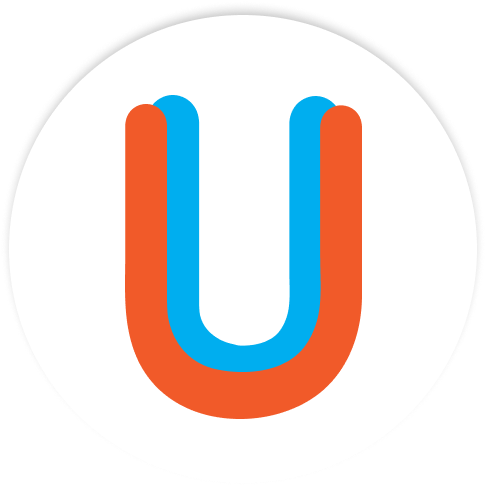Did you know that the journey of literacy begins not from the first day of school, but right at birth?
Surprising, isn’t it?
As we unravel the majestic voyage of literacy, you’ll witness how children’s development in early reading and writing mirrors their growing consciousness and comprehension of the world around them. So, let’s hop onto this fascinating journey!

Understanding Literacy: A Lifelong Journey
Literacy, my dear friends, is not just about letters and words. It’s like a golden key that unlocks a treasure chest of knowledge, creativity, and empathy. Picture it as a superhero cape that empowers a child, transforming them into active contributors to society and adept navigators of life. And what’s more intriguing is that it doesn’t stop growing.
Like a tree branching out in myriad directions, literacy extends into cognitive, social, and emotional development, deeply intertwining with the fabric of a child’s existence.

Phase 1: Awareness and Exploration (Birth-Preschool)
Imagine the world of a newborn as a giant, untouched canvas. Now, parents and caregivers are the first artists to dot this canvas with the colors of literacy awareness.
The nursery rhymes you sing, the picture books you show, or the simple labels you read out in the supermarket, all sprinkle the magic dust of words and symbols. In this phase, a baby starts connecting sounds, gestures, and eventually visuals to their meaning – their first handshake with literacy.
Phase 2: Experimental (Kindergarten)
As our little explorers step into kindergarten, they’ve already gathered a backpack full of linguistic tools. Now, it’s time to experiment!
Like a baker trying different recipes, children start associating sounds with symbols, scribbling, recognizing their name, and engaging with printed texts. They are beginning to understand that those funny shapes called “letters” actually mean something.
Here, tools like phonics games or interactive storybooks become their companions, guiding them on this exciting trail.
Phase 3: Early (First Grade)
Remember the first time you rode a bicycle without training wheels? The exhilaration you felt is akin to a first grader’s literacy development. They start decoding texts, writing with a purpose, and even expressing their ideas and feelings.
This stage is about consolidating their experimental learning and applying it. And just like a bicycle needs to be balanced, parents and teachers can help maintain this balance with engaging reading materials and encouraging writing efforts.
Phase 4: Transitional (Second Grade)
Our voyagers have now reached a critical juncture. Picture this phase as an elaborate bridge connecting foundational literacy skills to advanced comprehension. Second-graders start reading with more fluency, and their writing reflects the logical sequencing of thoughts.
They begin to use literacy as a means to learn about other subjects. It’s like using their linguistic map to explore new islands of knowledge, and every bit of support from their adults helps them cross this bridge confidently.
Phase 5: Independent and Productive (Third Grade)
Brace yourselves, because the cute caterpillars are about to transform into beautiful butterflies! They read independently, write creatively and informatively, and most importantly, start applying these skills in real-world scenarios.
It’s like watching a young bird take its first independent flight in the sky of literacy. The wind beneath their wings? Their intrinsic motivation, peer learning, and constant encouragement from their adults.
The Continuous Path of Literacy Development
The journey of literacy is far from over. It’s a never-ending road where every milestone crossed opens doors to new ones. Just like a gardener continually nurturing his plants, literacy flourishes with continuous learning.
The profound power of literacy extends beyond the individual, shaping the society we live in and driving us toward an enlightened future.

Final Thoughts
In this enthralling journey from birth to infinity, literacy forms the guiding North Star. As parents, caregivers, and teachers, you’re the captains steering young learners through these significant phases of literacy development.
One such tool that’s proven to be a helpful companion on this voyage is alphaTUB. With its focus on engaging and effective literacy learning methods, alphaTUB acts as a beacon, guiding children and adults alike toward successful literacy outcomes. So, let’s embark on this journey, nurturing today’s young readers and writers to become tomorrow’s informed citizens and creative thinkers.




